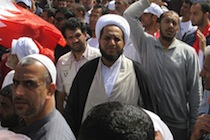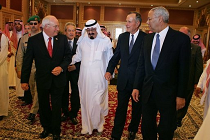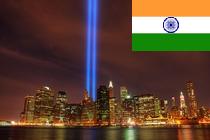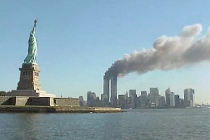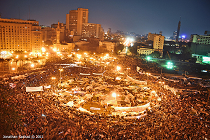West and Wahabi vs. Shia
The author outlines the partnership between NATO and Wahhabi extremists, and how the West assisted in an armed Sunni movement, which has spread to many countries in West Asia. Consequently, the Shia population suffers from serious discrimination at the hands of Wahabbi.

